
Forming future-proof data strategies for telcos
Leveraging data to improve customer experiences often leads to operators’ success.
Telecommunication companies have come under immense pressure as the industry undergoes disruptive changes. With this, telco operators need to level up their digital game with data-driven strategies to stay ahead of the competition.
This was the main topic discussed by San Zaw, TIBCO’s Vice President of Solution Consulting Asia Pacific and Japan, during a recent roundtable event, held in partnership with Asian Banking & Finance, titled Data-driven Strategies for 5G, AI/ML, and Digitalization in the Telecom Industry.
Along with other customer industries, TIBCO has been powering telecommunication organisations and communications service provider operators for more than a decade. It is known in the industry for its integration technologies, data management, and analytic solutions, amongst other things.
Unifying data
For telco companies to thrive, San Zaw suggested a unified approach to handling data. Not necessarily to centralise the data, but to provide a unified means of access to the data. However, data teams are inundated with the deluge of point solutions being offered in the market, resulting in a highly complex patch-work, making an already hard problem even harder.
“The [telecom] industry is going through a series of trial and error on their data platforms. We see a growing augmentation of AI/ML technology and solutions in telco and many other industries such as manufacturing, transportation, logistics, and retail, just to name a few,” said San Zaw.
Businesses, especially those involved in the B2B segment, need to leverage data and 5G to understand the customer journey as customers move from one device or channel to another and to create a seamless experience for customers.
Putting “agile” into the data fabric
Data platform structure is another key factor for data unification. Traditionally data teams are organised by technical tasks (e.g. ingestion, governance, access, etc), where very often there is a mismatch with needs of the consumers, such as the lines of businesses, data science teams, and analytics users, whose focus tend to be more use case driven or domain-driven.
Data projects often do not get the desired outcomes because of this fundamental mismatch between technically focused data teams and use case focused data consumers. For example, an operator working on hyper-personalization at their digital touchpoints would require near real-time data to ensure each customer engagement is a contextual and personalised one. However, a T+1 data pipeline (and that’s pushing it) is not going to cut it. Clearly a more agile-driven approach is needed.
It then makes sense to organise data teams by business domain, who would largely use the technologies mandated by the data platform team, but at the same time make their own “fit for purpose” data technology choices to augment to the monolithic data platform. Using our earlier example of an operator personalising their digital touch points, the Digital Touchpoint data fabric would choose a near real-time ingestion mechanism, leverage the existing data privacy and data governance process, and decide to expose Restful APIs as the primary means of data consumption for the digital touchpoints. And not only would this be useful to the digital touchpoints team, but also the campaign management team as another user.
This agile and pragmatic approach which balances the slow growth of a centralised data platform and the fast moving needs of an operator’s business units requires carriers and operators to have domain-focused data teams who are empowered to augment the existing data platform with their fit-for-purpose data tools. In short, the data fabric needs to be agile.
Staying competitive
Industry experts joined San Zaw in a live panel discussion on how companies can remain competitive in the industry.
For Quak Hooi Lee, Enterprise Data Governance Data Policy & Compliance Lead of Celcom Axiata Berhad, being competitive meant venturing into multiple business streams. Her main example was expanding products with 5G as the core.
Currently, Celcom Axiata Berhad is working on software that incorporates 5G to detect the heart rate and facial expressions of drivers. This is designed for those doing long-haul drives. It can sound the alarm if the driver seems to be falling asleep as they drive.
Meanwhile, Krishna Cheedella, Senior Cloud Architect of StarHub noted that since Singapore is a small country, they are tracking the trends all around—not just tapping into telco but also in other industries as much as possible.
“[For us at StarHub] we have invested in many B2B products such as antivirus software and network-related solutions. We are expanding and are always finding new things based on the market trends and future innovations. That's how we try to maintain the pace with the other telecoms,” Krishna said.
The right data insights help telcos stay competitive, according to Gaurav Desai, General Manager - Network Operational simplification of NBNCo Ltd.
This includes engineering the network from a capacity and performance management point of view, optimising the network, and making the network available during fault analysis. “Optimise your customer’s field experience through all of this and run your product in terms of having insights into what’s in demand,” Gaurav said.
He concluded that it is important for national broadband providers to understand the customer journey and be able to map them into the firm’s data insights. This would give direction to the company on where they can improve, expand, and change processes, as well as where they can focus their automation to enhance customer experience.
“If companies can find the right partners through engagement or data insights, then it would be a win-win situation and will provide lots of opportunities,” said Gaurav.





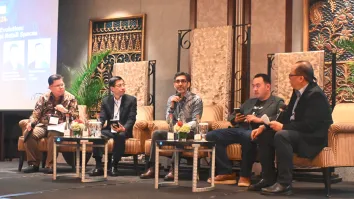

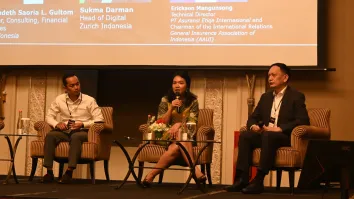

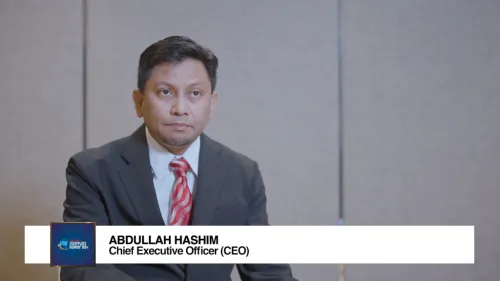
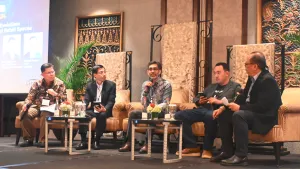
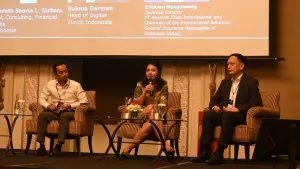
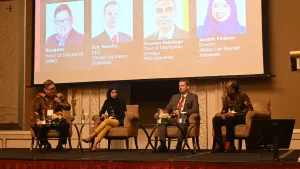

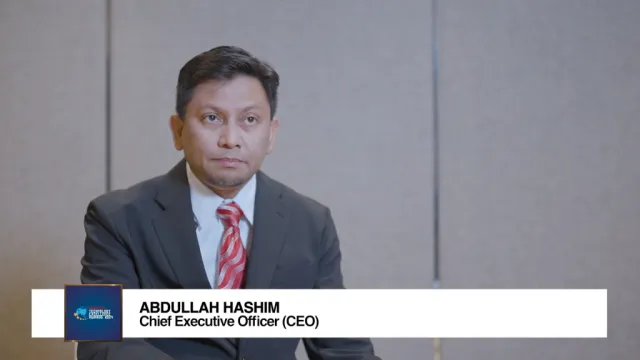
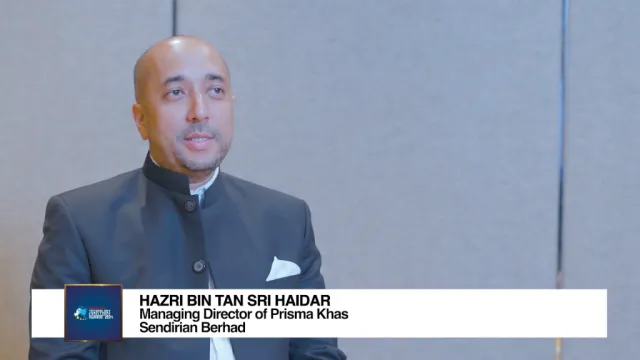
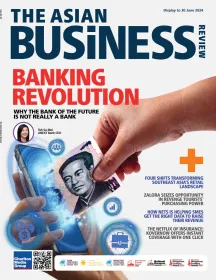
 Advertise
Advertise







